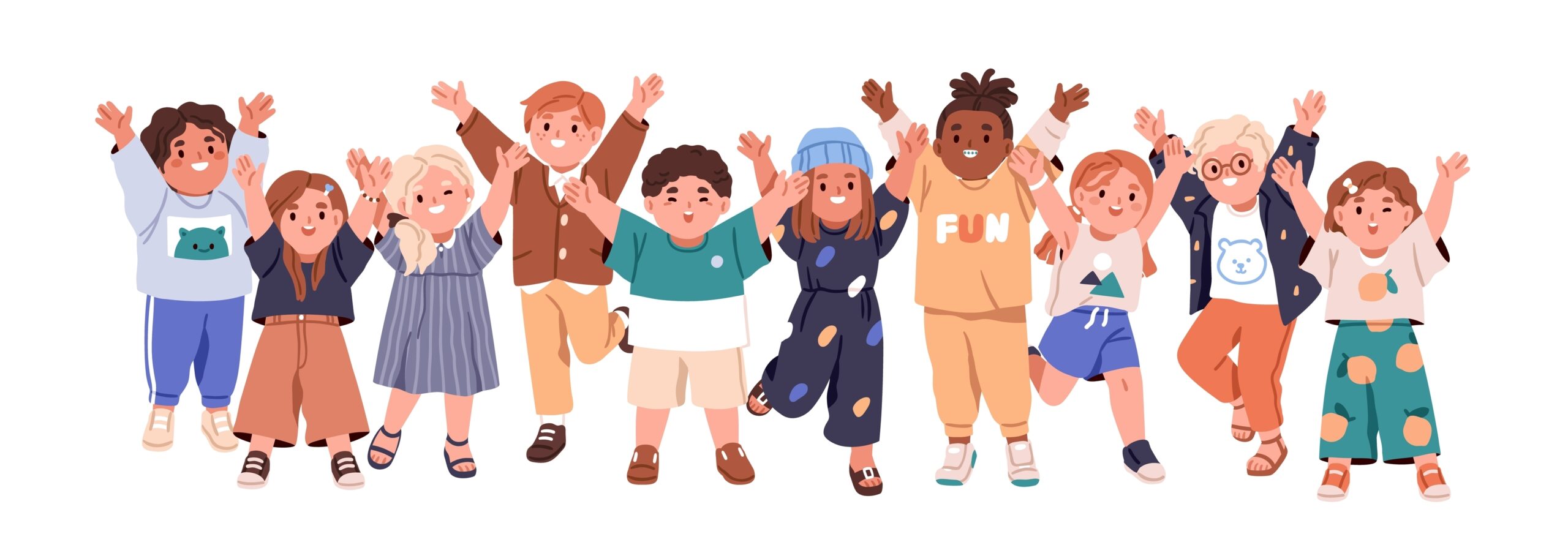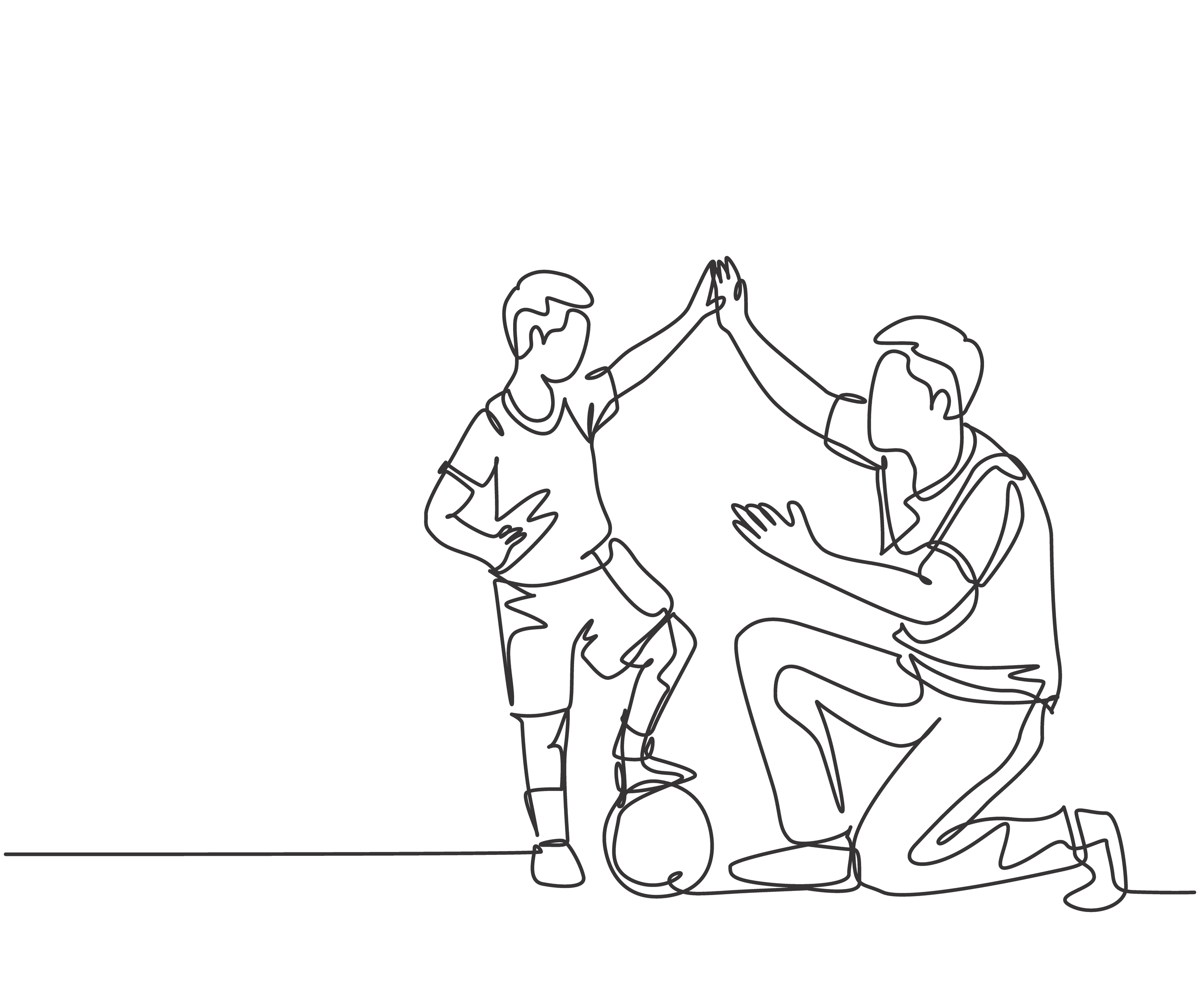Neurological Balance and Medical Disorders
- Seizure Disorders in Children: Symptoms, Diagnosis, and Therapy
- Tourette Syndrome in Children: Symptoms, Diagnosis & Therapy Options
- Substance Use Disorders in Youth: Effects, Signs & Therapy Support
- Cerebral Palsy in Children: Symptoms, Types & Therapy Support
- Pediatric TBI & Concussions: Symptoms, Recovery & Therapy Support
- Pediatric Migraines: Symptoms, Triggers & Therapy Support
- Ehlers-Danlos Syndrome in Children: Symptoms, Types & Therapy Support
- BPPV: Causes, Symptoms & Treatment with Physical Therapy
- Vestibular Disorders: Symptoms, Causes & Therapy Support for All Ages
- Parkinson’s Disease: Symptoms, Treatment & Therapy Support
- Post-Stroke Rehab & CVA Recovery: Find Therapists for Stroke Rehabilitation
- Ataxia: Causes, Symptoms & Rehab Therapies
- Peripheral Neuropathy: Causes, Symptoms & Rehab
- Delayed Motor Milestones in Children | Early Signs, Causes & Therapy
- Hypotonia (Low Muscle Tone) in Children: Symptoms, Causes & Therapy
- Spina Bifida in Children: Types, Symptoms & Therapy Options
- Tic Disorders in Children: Symptoms, Types & Therapy Support
- Down Syndrome
Pediatric TBI & Concussions: Symptoms, Recovery & Therapy Support

Authored by: The DrSensory Editorial Team
Reviewed by: 🛡️ DrSensory Clinical Review Board – Doctor of Therapy Rehab Division
Last updated: June 2025
Pediatric Traumatic Brain Injury (TBI) & Concussions: Symptoms, Impact & Therapy Recovery
TBI & Concussions: What Parents Need to Know
What Is a Traumatic Brain Injury (TBI)?
A traumatic brain injury (TBI) is a disruption in normal brain function caused by a blow, jolt, or penetrating injury to the head. In children, TBIs can result from falls, sports injuries, car accidents, or abuse. Concussions, the most common type of TBI, are typically classified as mild TBIs (mTBIs).
Children’s developing brains are more vulnerable to injury and may have longer recovery times, especially if early intervention is delayed. TBI can impact movement, communication, attention, behavior, and learning.
Common Causes of TBI and Concussions in Children
- Falls (e.g., from furniture, stairs, playground equipment)
- Sports-related injuries (football, soccer, cheerleading)
- Motor vehicle crashes
- Non-accidental trauma (abuse, shaken baby syndrome)
- Bicycle accidents
- Blunt-force trauma (e.g., being struck by an object)
Even mild head injuries can have lasting effects if not managed appropriately.
Signs and Symptoms of Pediatric TBI & Concussion
Symptoms can vary by age, severity, and injury location. They may appear immediately or develop hours or days later.
Physical Symptoms
- Headache
- Vomiting or nausea
- Dizziness or balance problems
- Sensitivity to light or noise
- Fatigue or sleep disturbances
Cognitive & Behavioral Symptoms
- Confusion or memory loss
- Difficulty concentrating
- Slowed thinking or processing speed
- Mood swings, irritability
- Decreased academic performance
Speech & Communication Issues
- Slurred speech
- Word-finding difficulties
- Reduced comprehension
- Social communication challenges
Young children may show subtle signs such as excessive crying, loss of interest in favorite activities, or disrupted sleep patterns.
Diagnosing TBI and Concussions in Children
A pediatrician, neurologist, or emergency provider typically performs:
- Clinical evaluation and symptom review
- Neurological exam (reflexes, balance, coordination)
- Imaging (CT or MRI scans for moderate to severe injuries)
- Neuropsychological assessments (to evaluate cognitive and emotional function)
Early diagnosis is key to creating a custom recovery plan involving school accommodations and therapy services.
Recovery from Pediatric TBI: What Parents Should Expect
Most children recover from mild concussions within 2–4 weeks, but some experience post-concussion syndrome (PCS) or long-term effects. Moderate to severe TBIs may require months or years of rehabilitation.
Recovery is improved with:
- Rest followed by gradual return to activity
- Consistent therapy and school support
- Monitoring for worsening symptoms or regression
How Therapy Helps Children Recover from TBI
Pediatric therapists play a vital role in TBI rehabilitation. Therapies support physical healing, cognitive development, communication, and emotional regulation.
Occupational Therapy
- Rebuilds daily living skills (dressing, feeding, grooming)
- Enhances attention, memory, and executive function
- Supports sensory integration and school participation
Physical Therapy (PT)
- Improves balance, coordination, and strengthA multidisciplinary approach is often best, combining therapies based on the child’s needs.
- Addresses gait abnormalities or postural issues
- Reduces fatigue and dizziness after activity
Speech-Language Pathology (SLP)
- Treats speech and language impairments
- Supports cognitive-communication skills (organization, reasoning, memory)
- Improves social language and comprehension
A multidisciplinary approach is often best, combining therapies based on the child’s needs.
How DrSensory Helps Families Find the Right Therapist
DrSensory connects parents and caregivers to experienced pediatric therapy providers. Our verified directory includes:
- Occupational Therapists (OTs)
- Physical Therapists (PTs)
- Speech-Language Pathologists (SLPs)
Search by condition, specialty, and location to find therapists experienced in brain injury recovery and rehabilitation.
Frequently Asked Questions (FAQ)
What’s the difference between a concussion and a TBI?
A concussion is a mild form of TBI. While all concussions are TBIs, not all TBIs are concussions. Severe TBIs may involve bleeding, loss of consciousness, or long-term disability, while concussions usually involve temporary functional disruptions.
Can a child recover fully from a concussion?
Yes. Most children with mild concussions recover completely with rest and gradual return to school and physical activity. However, repeated concussions or lack of early treatment can lead to long-term complications.
What are signs that my child needs therapy after a head injury?
If your child experiences:
- Difficulty concentrating or remembering
- Delayed speech or language
- Balance issues
- Struggles with daily tasks or behavior regulation
They may benefit from OT, PT, or SLP services to aid in recovery.
Does DrSensory provide mental health support for TBI?
No. While DrSensory does not list mental health professionals, we connect families with pediatric therapists who support developmental and functional recovery after brain injury.
How soon after a head injury should therapy begin?
Therapy may begin as soon as symptoms are identified and the child is medically stable. Early intervention improves recovery and reduces the risk of long-term challenges.
This page provides general educational content and is not a substitute for professional medical advice. Always consult a licensed provider for diagnosis and treatment.
View privacy policy, copyright and trust info
More on Neurological Balance and Medical Disorders

- Seizure Disorders in Children: Symptoms, Diagnosis, and Therapy
- Tourette Syndrome in Children: Symptoms, Diagnosis & Therapy Options
- Substance Use Disorders in Youth: Effects, Signs & Therapy Support
- Cerebral Palsy in Children: Symptoms, Types & Therapy Support
- Pediatric TBI & Concussions: Symptoms, Recovery & Therapy Support
- Pediatric Migraines: Symptoms, Triggers & Therapy Support
- Ehlers-Danlos Syndrome in Children: Symptoms, Types & Therapy Support
- BPPV: Causes, Symptoms & Treatment with Physical Therapy
- Vestibular Disorders: Symptoms, Causes & Therapy Support for All Ages
- Parkinson’s Disease: Symptoms, Treatment & Therapy Support
- Post-Stroke Rehab & CVA Recovery: Find Therapists for Stroke Rehabilitation
- Ataxia: Causes, Symptoms & Rehab Therapies
- Peripheral Neuropathy: Causes, Symptoms & Rehab
- Delayed Motor Milestones in Children | Early Signs, Causes & Therapy
- Hypotonia (Low Muscle Tone) in Children: Symptoms, Causes & Therapy
- Spina Bifida in Children: Types, Symptoms & Therapy Options
- Tic Disorders in Children: Symptoms, Types & Therapy Support
- Down Syndrome
Find a Therapist near you
Are you looking for a physical, occupational, or speech therapist in your area?
Look no further than the DrSensory Therapist Database and Clinic Directory!
Find a Therapist
Find the physical therapist, occupational therapist, or speech language pathologist you’re looking for!
Ask Us Anything
Whether you are looking for advice, have a general question about sensory processing, or looking for resources.
Submit Your Story
Share your story about your child. Let’s celebrate milestones and learn more about challenges.











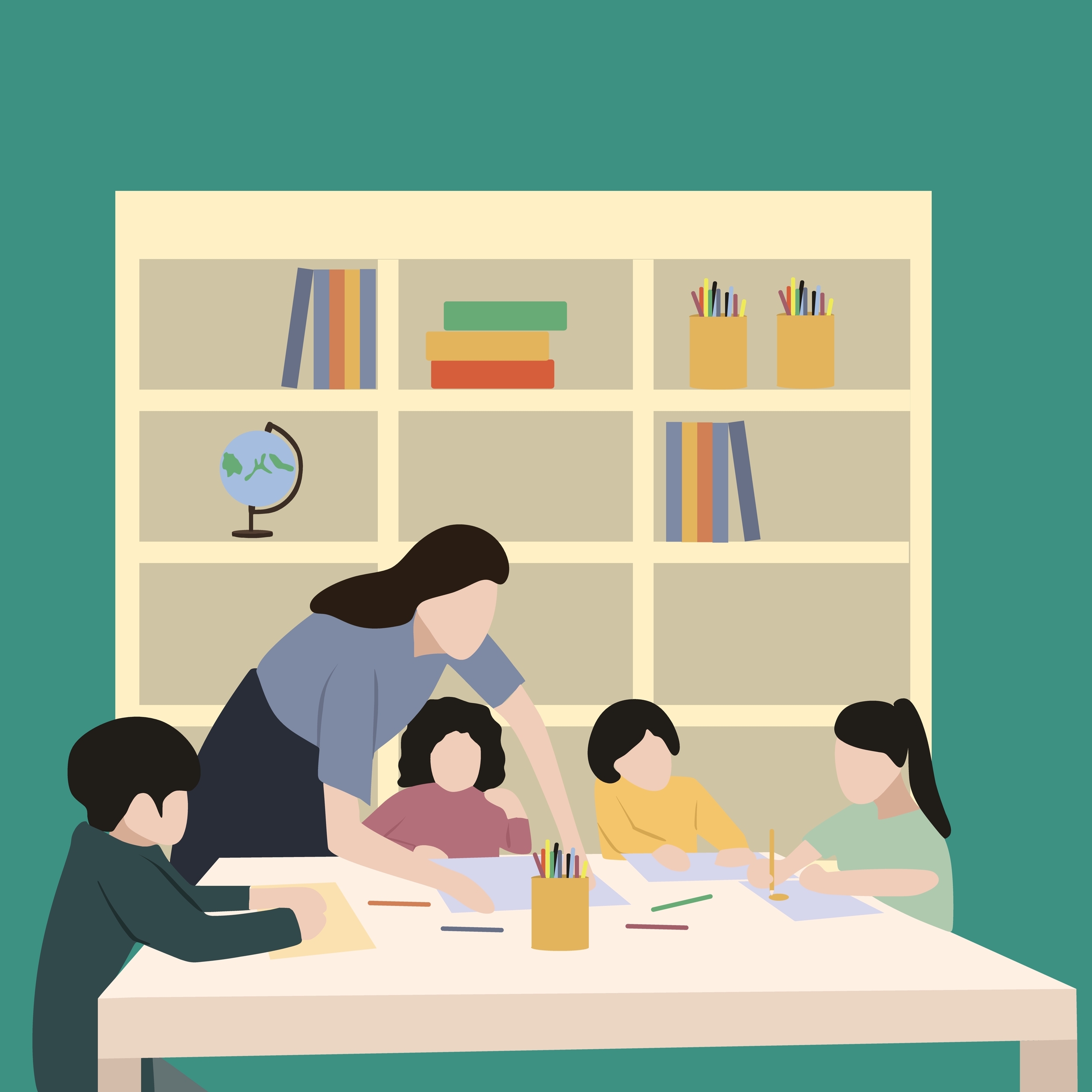






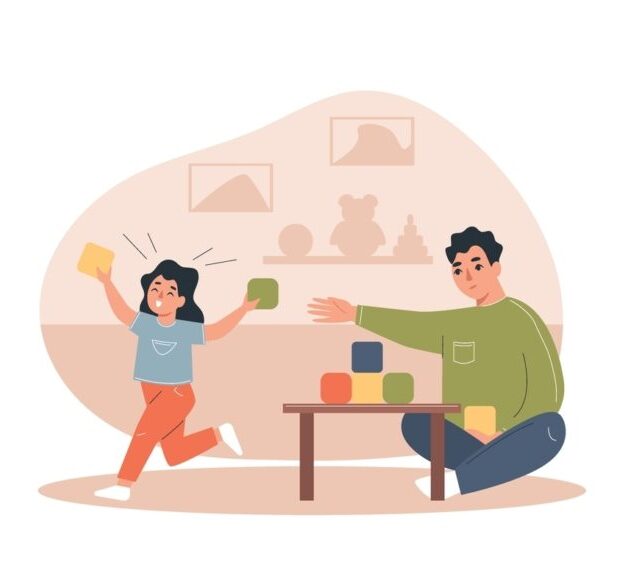



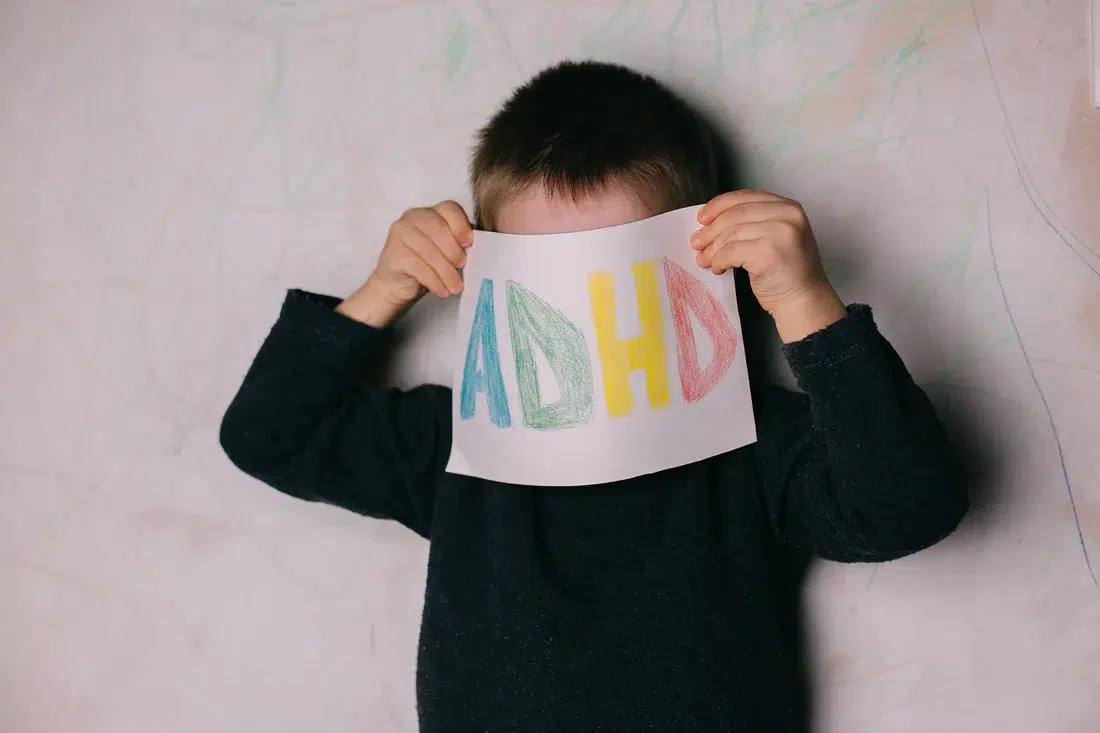




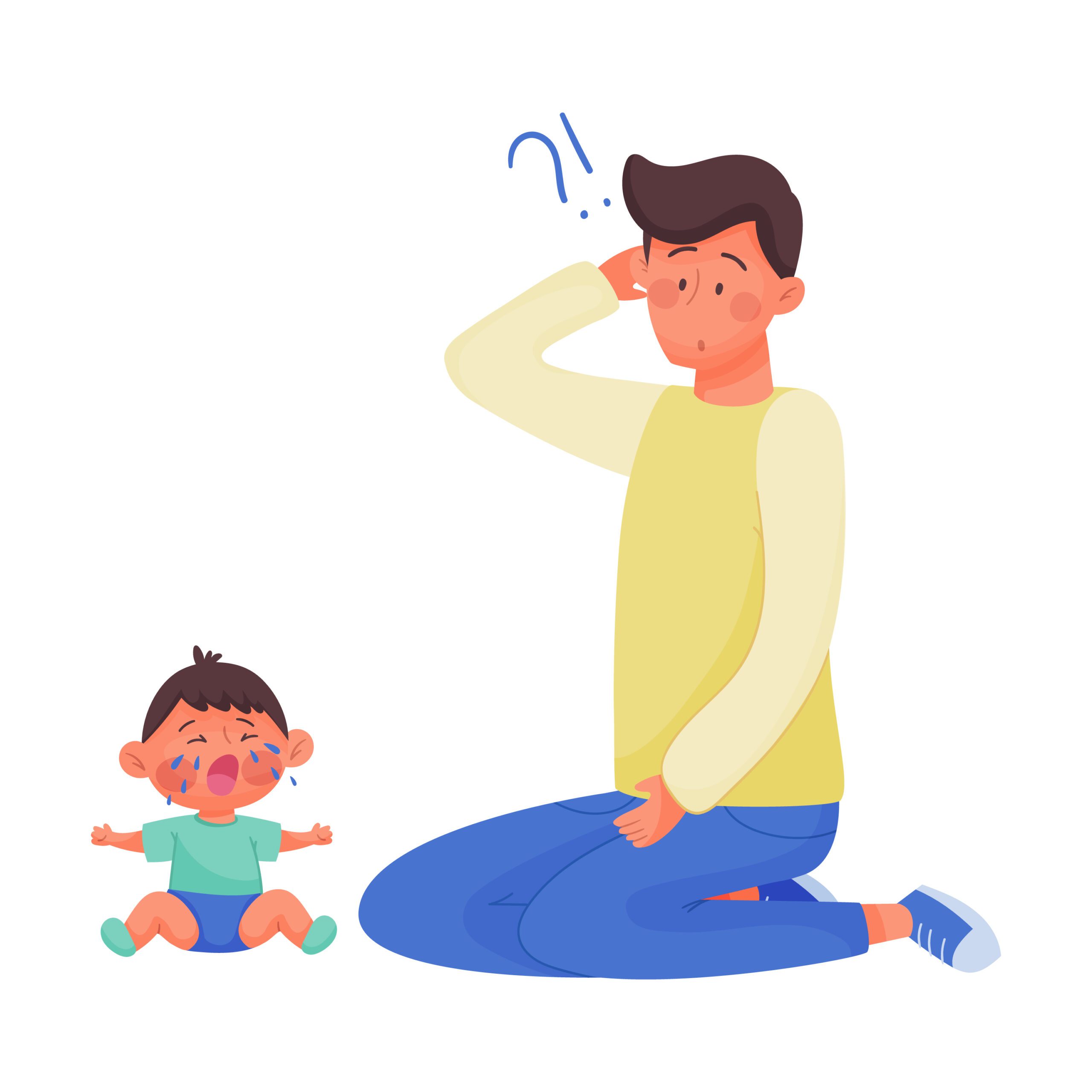
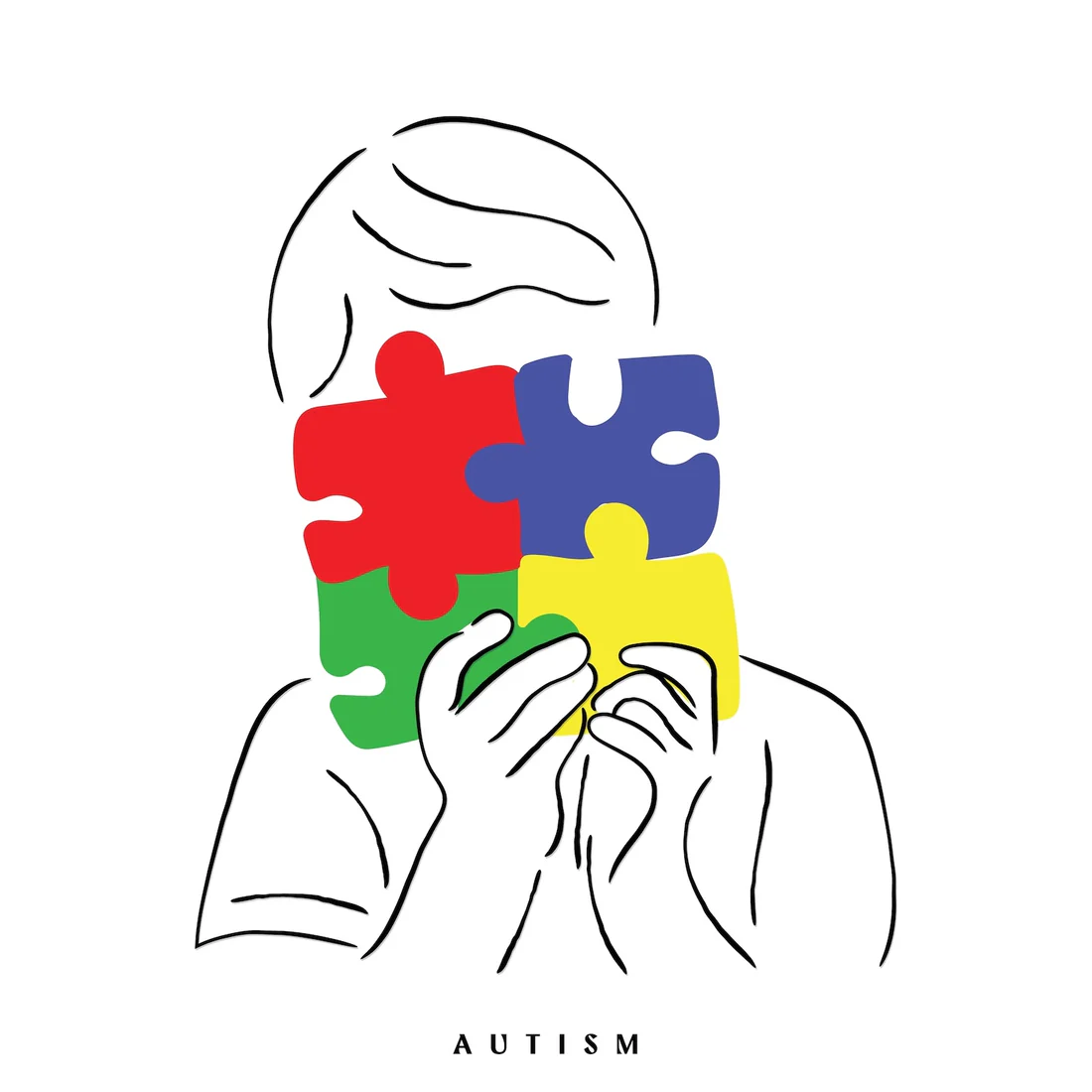
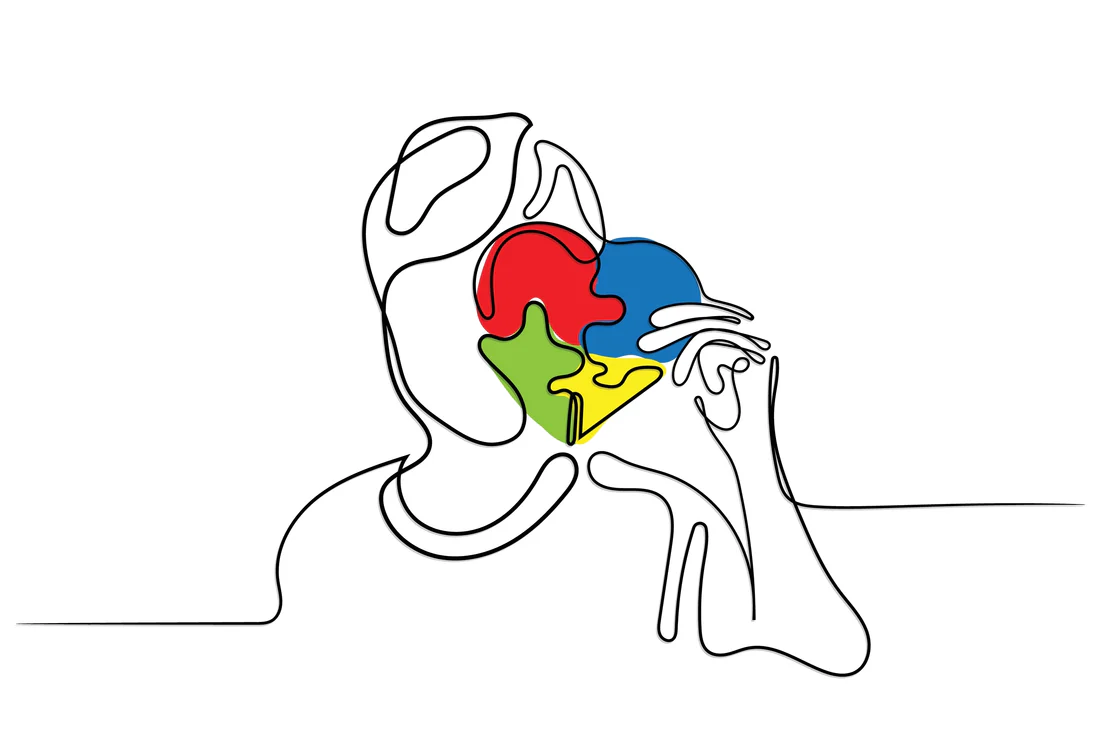

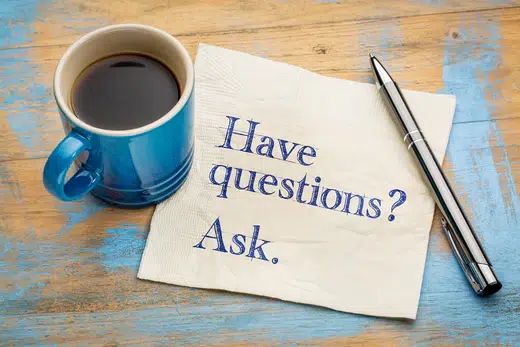








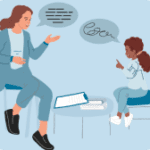 Speech Therapy
Speech Therapy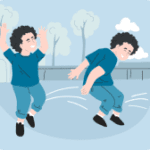 Physical Therapy
Physical Therapy Occupational Therapy
Occupational Therapy



